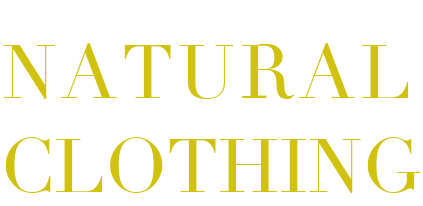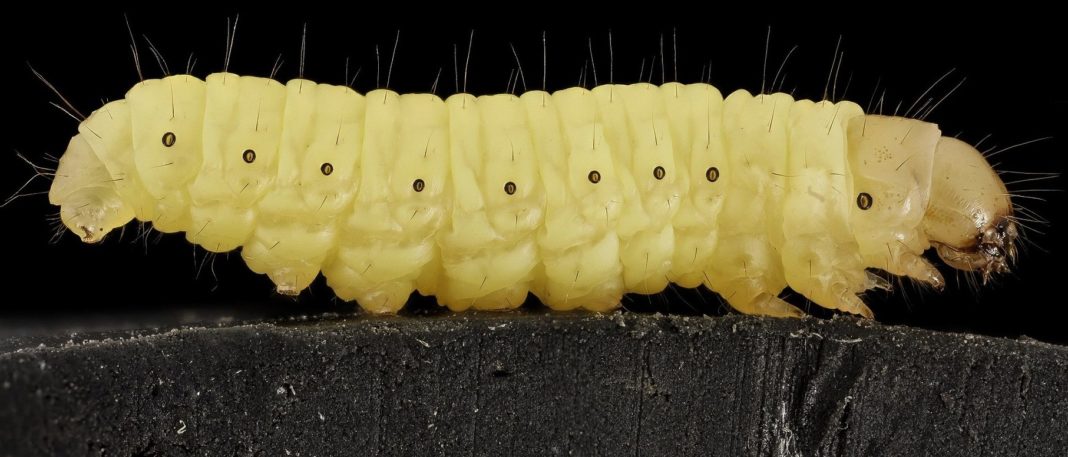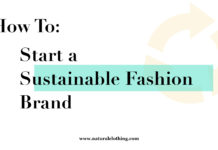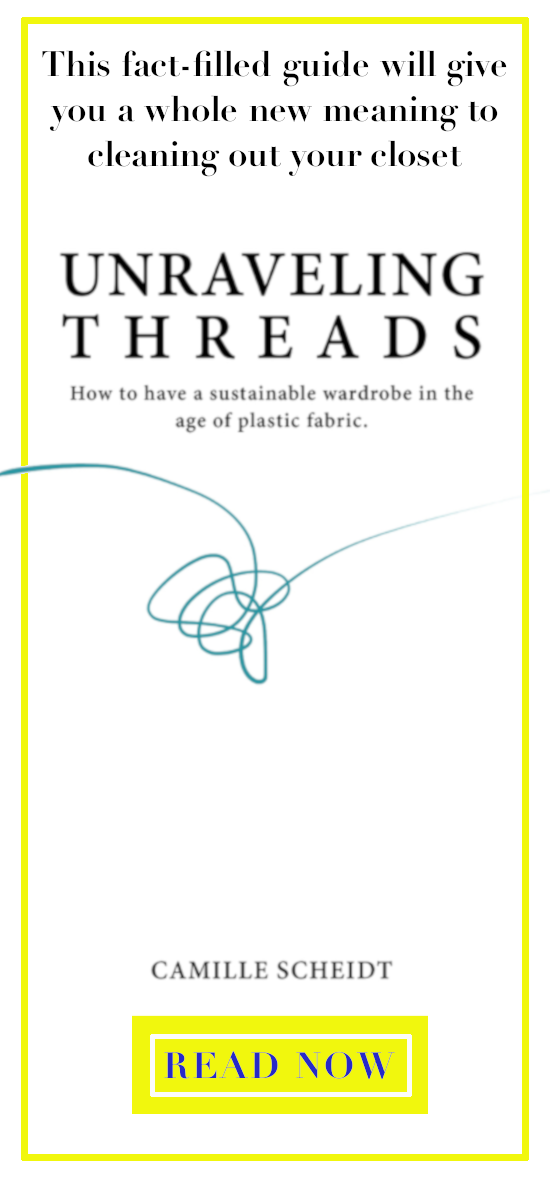Wax worms are considered a nuisance by beekeepers, bait by fishermen, and now potential saviors of our plastic riddled world. While Federica Bertocchini, a scientist of the Spanish National Research Council, was tending to her beehives, she pulled wax worms out of the hives and plopped them in a plastic bag. Bertocchini soon found the wax worms had chewed holes through the plastic bag she used to house them. Upon this discovery, Bertocchini reached out to her peers at Cambridge University to explore the potential of wax worms and their appetites for plastic.
The scientists studying the worms needed to make sure that the worms were indeed digesting the polyethylene of the plastic bag and breaking the chemical bonds, rather than just munching the plastic into microplastic pieces. We do not need more microplastics. The team of scientists also set out to determine just what the worms were turning plastic into.
the experiment to determine whether a wax worm digests plastic
In order to determine how the wax worms break down plastic, the scientists created a paste from the wax worms in a blender and spread the “homogenated worm” over the plastic. The results proved that some sort of chemical in the worms was indeed degrading the plastic on a molecular level.
Further studies (released in March 2020) revealed that the wax worm itself is essential in the process to break down the plastic. It isn’t a simple matter of one specific species of gut bacterium being corrosive to plastic or even a magic mix of bacteria. Rather, it’s the relationship between the wax worm and the wax worm’s gut microbiome that effectively metabolizes plastic.
There are still a number of questions around these tiny friends to which researchers are pursuing answers. We’re a long way off from implementation and scaling any sort of solution. Still, the prospect of eventually creating a system to break down some of the indestructible plastic cluttering the earth is a very exciting one. Ultimately, we must remember using tiny heroes of this size can not be the only answer to a problem that is as staggeringly large as the plastic industry. The first step is scaling back on production of plastic and accepting alternative materials into our daily lives.
Wax worms are the caterpillar stage of the wax moth. They are commercially bred for fishing bait. Their food of choice, beeswax, gives them their name.













